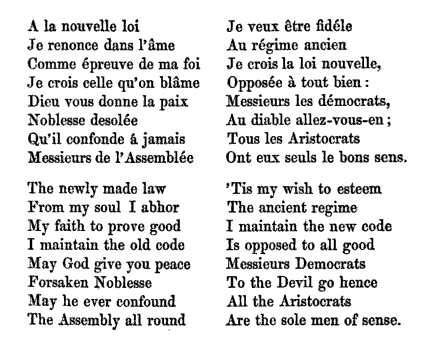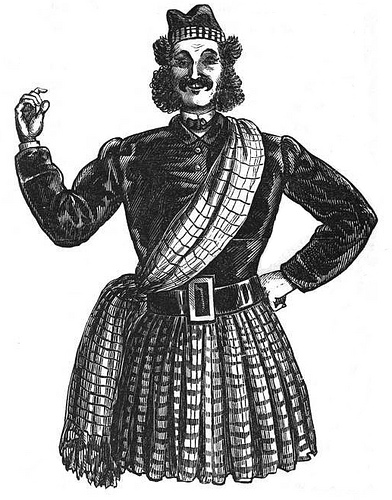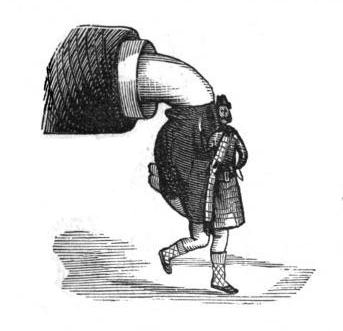Which statements on this list are true?
- Exactly one statement on this list is false.
- Exactly two statements on this list are false.
- Exactly three statements on this list are false.
- Exactly four statements on this list are false.
- Exactly five statements on this list are false.
- Exactly six statements on this list are false.
- Exactly seven statements on this list are false.
- Exactly eight statements on this list are false.
- Exactly nine statements on this list are false.
- Exactly ten statements on this list are false.




